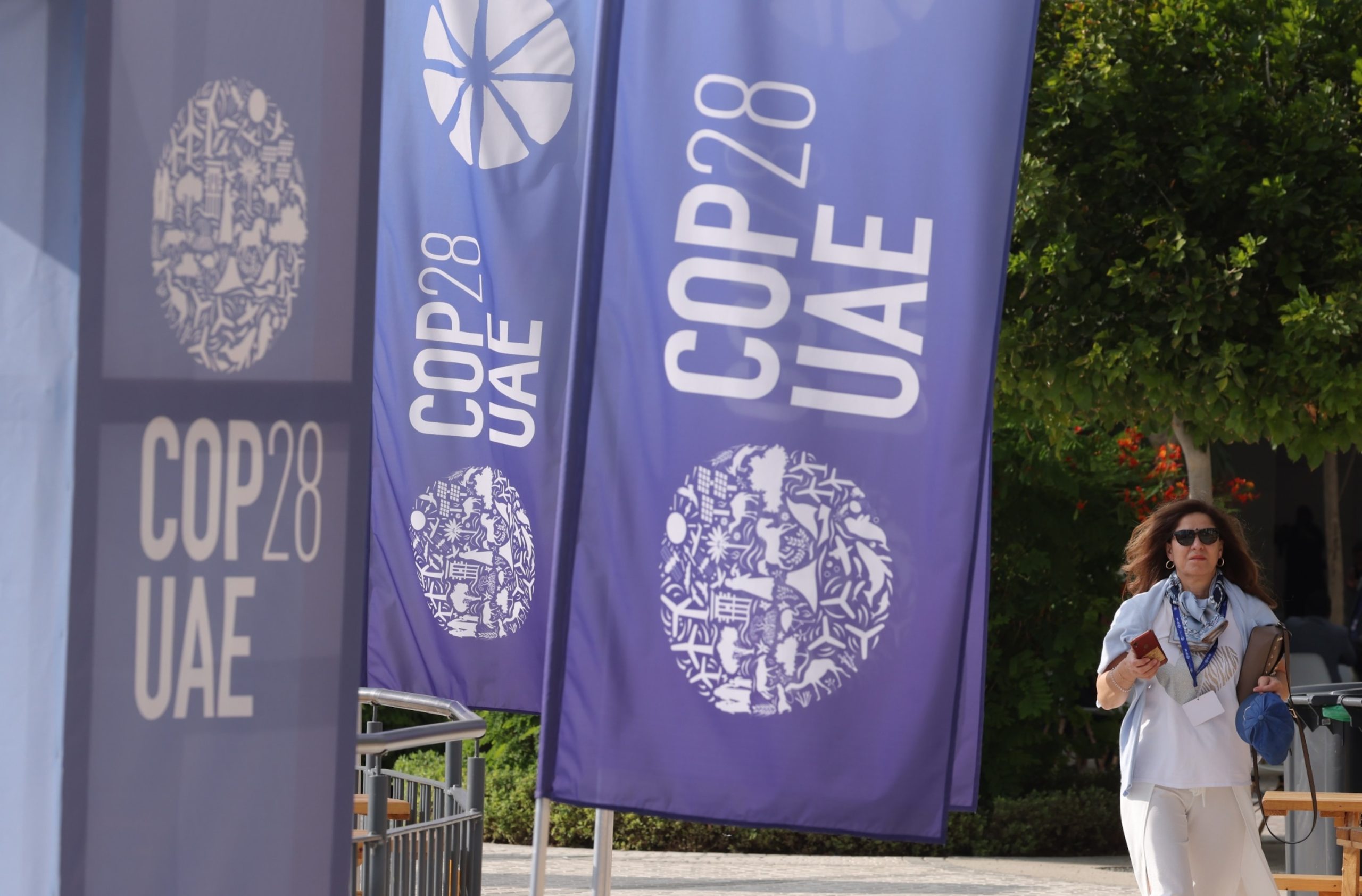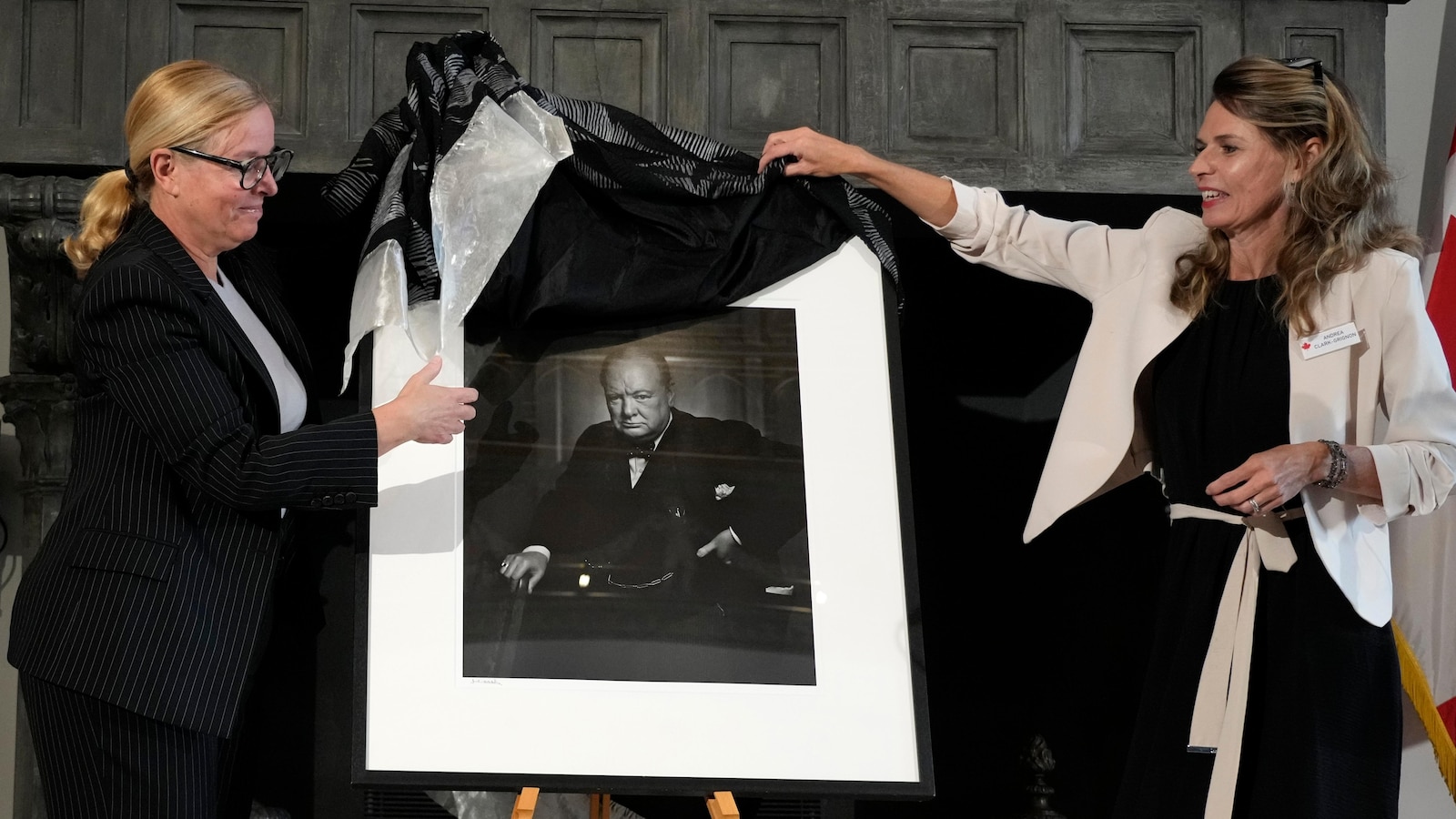The Significance of COP28: Understanding the Importance of the UN Climate Conference in Dubai
The United Nations Climate Change Conference, also known as COP (Conference of the Parties), is an annual event where world leaders, policymakers, scientists, and activists gather to discuss and address the pressing issue of climate change. The upcoming COP28, scheduled to be held in Dubai, is of immense significance as it presents a crucial opportunity for global cooperation and action to combat climate change.
Dubai, a city known for its modern architecture and rapid development, may seem like an unusual choice for hosting a climate conference. However, this decision carries a symbolic message that climate change is a global challenge that requires the participation of all nations, regardless of their economic status or geographic location.
One of the primary goals of COP28 is to build upon the commitments made under the Paris Agreement. The Paris Agreement, adopted in 2015, aims to limit global warming to well below 2 degrees Celsius above pre-industrial levels and to pursue efforts to limit the temperature increase to 1.5 degrees Celsius. COP28 provides an opportunity for countries to review their progress towards meeting these targets and to strengthen their commitments in light of the latest scientific evidence.
The conference will also focus on addressing the impacts of climate change on vulnerable communities and ecosystems. Developing countries, particularly those in low-lying coastal areas, are disproportionately affected by rising sea levels, extreme weather events, and food insecurity. COP28 will provide a platform for these countries to voice their concerns and seek support from developed nations in terms of financial assistance, technology transfer, and capacity building.
Furthermore, COP28 will emphasize the importance of transitioning to a low-carbon economy. The burning of fossil fuels is the primary driver of greenhouse gas emissions, which contribute to global warming. The conference will explore strategies for accelerating the deployment of renewable energy sources, promoting energy efficiency, and encouraging sustainable practices in various sectors such as transportation, agriculture, and industry.
In addition to government representatives, COP28 will also involve the active participation of non-state actors, including businesses, civil society organizations, and youth activists. This inclusive approach recognizes that addressing climate change requires collective action from all sectors of society. It provides a platform for sharing innovative ideas, best practices, and collaborative initiatives that can drive meaningful change at both the local and global levels.
COP28 in Dubai holds particular significance for the Middle East region. The region is highly vulnerable to the impacts of climate change, including water scarcity, desertification, and extreme heatwaves. Hosting the conference in Dubai highlights the urgent need for sustainable development and climate resilience in this part of the world. It also presents an opportunity for the region to showcase its efforts in renewable energy deployment, such as the ambitious solar projects in the United Arab Emirates.
The outcomes of COP28 will have far-reaching implications for the future of our planet. The decisions made at the conference will shape international climate policy, influence national actions, and determine the trajectory of global greenhouse gas emissions. It is crucial for countries to come together and demonstrate their commitment to fighting climate change, as failure to do so would have severe consequences for human health, biodiversity, and the overall well-being of future generations.
In conclusion, COP28 in Dubai represents a critical moment in the global fight against climate change. The conference provides an opportunity for countries to strengthen their commitments under the Paris Agreement, address the needs of vulnerable communities, promote sustainable practices, and foster international cooperation. It is a reminder that climate change is a shared responsibility that requires collective action from all nations. The decisions made at COP28 will shape our ability to mitigate and adapt to the impacts of climate change, ensuring a sustainable and prosperous future for all.



